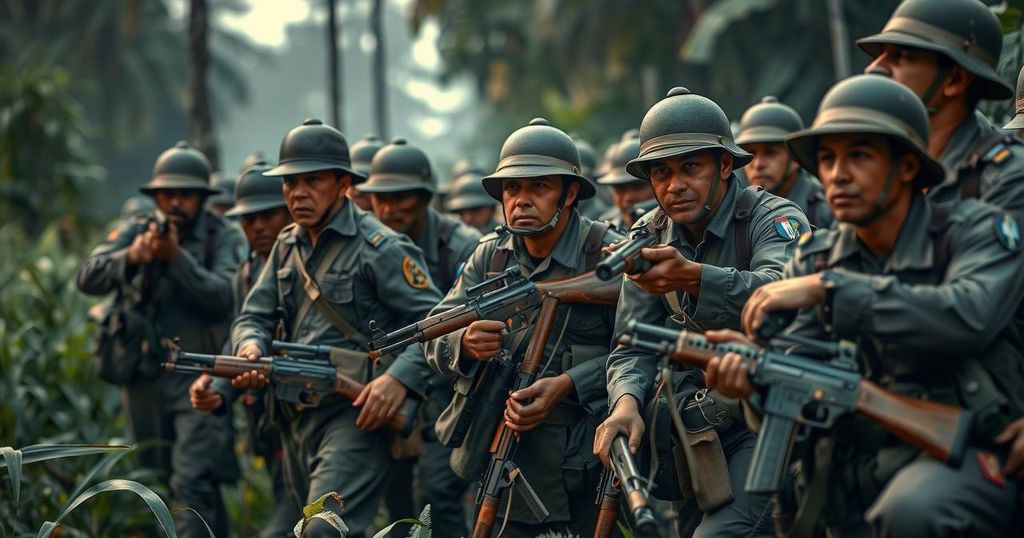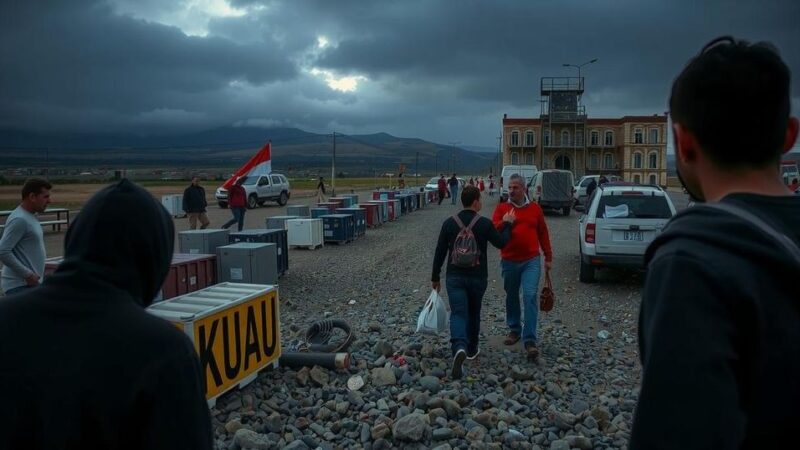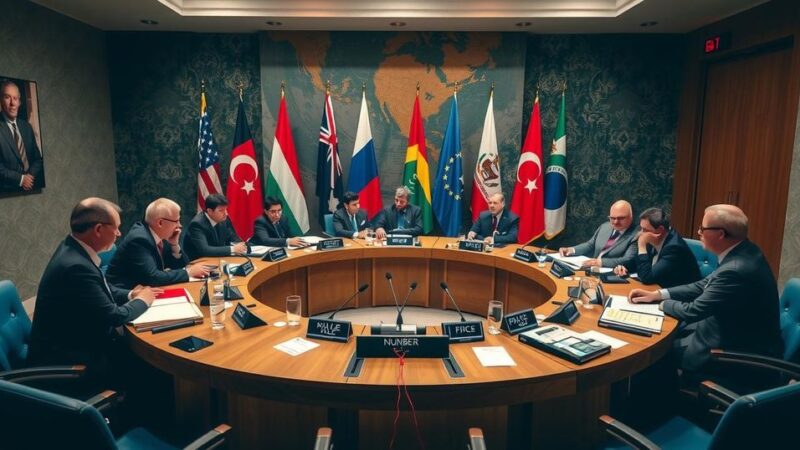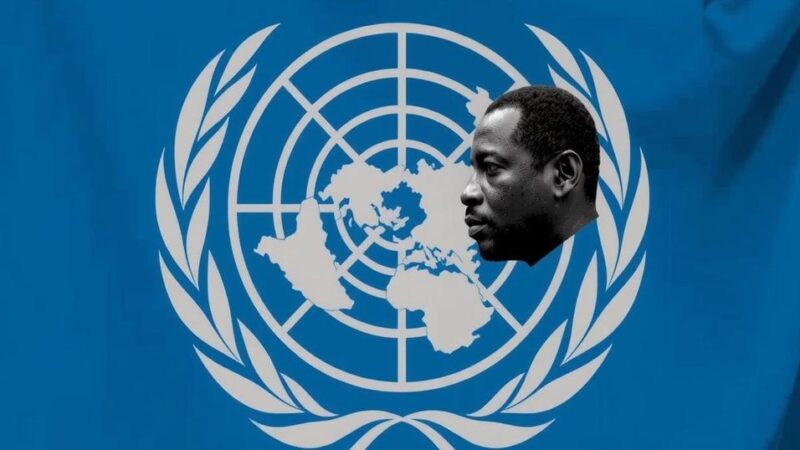A report asserts that the Dutch government allowed systematic violence against Indonesians during the independence war. Funded by key Dutch institutions, it challenges previous claims of minor excesses, revealing a pattern of brutal oppression sanctioned at political and military levels. These actions were motivated by colonial ambitions, leading to a significant lack of accountability for the perpetrators.
A recent report indicates that the Dutch government, along with military leaders, knowingly accepted the extensive use of brutal violence by their soldiers during the Indonesian independence conflict. The research, funded by Dutch governmental institutions, challenges the longstanding assertion that such violence was merely incidental, concluding instead that it was systematic and condoned at multiple levels of the Dutch state. The study emphasizes that this brutality was motivated by a desire to reclaim Dutch authority in Indonesia after the Japanese occupation during World War II, driven by colonial ambitions and geopolitical interests.
The report’s authors argue that the violence against Indonesian forces was a continuation of a historic pattern of colonial oppression, noting that it served the purpose of incapacitating the independence movement that had gained substantial popular support. They highlight that the Dutch military engaged in extreme acts of violence including extrajudicial murders, torture, and destruction of property, often without accountability.
Furthermore, the report reveals that the justice system in the Netherlands largely overlooked the serious crimes committed by soldiers in Indonesia, fostering an environment of impunity. Although some cases, such as rape and public murders, were prosecuted, many acts termed ‘functional violence’ were ignored, reinforcing a culture where military aggressions were tolerated.
This historical analysis indicates that the impact of these actions has left lasting repercussions, contributing to the eventual and internationally pressured transfer of sovereignty that occurred in December 1949. The findings have been met with criticism from various groups, including the Committee of Dutch Debts of Honor and the Veterans Platform, who feel that the report fails to adequately represent the complexities and perspectives involved in the conflict, as well as the experiences of the military personnel conscripted to serve in Indonesia.
The Dutch-Indonesian conflict for independence emerged after Indonesia declared its independence on August 17, 1945, following World War II and the Japanese occupation. The Dutch military launched a campaign to regain control, leading to widespread violence and repression. The recent report from various Dutch institutions reveals an alarming pattern of systemic brutality and violence tolerated by the Dutch government against Indonesian forces during this tumultuous period. The historical implications of this violence raise significant ethical questions regarding colonial practices and accountability in wartime behavior.
The report exposes the extensive and systematic violence inflicted by Dutch military forces during the Indonesian independence struggle, highlighting a colonial mentality that rationalized oppression. Its findings challenge previous narratives that minimized this brutality and reveal a clear pattern of institutional neglect towards accountability. As discussions continue among veterans and critics of the study, it becomes imperative to acknowledge, confront, and learn from these historical injustices to foster a more comprehensive understanding of this colonial legacy.
Original Source: nltimes.nl






